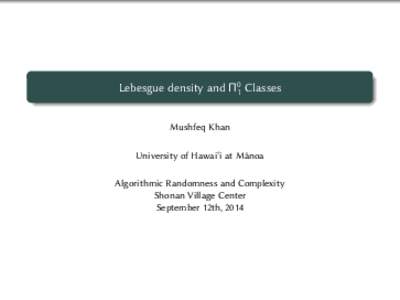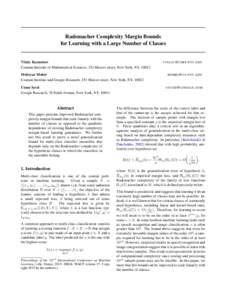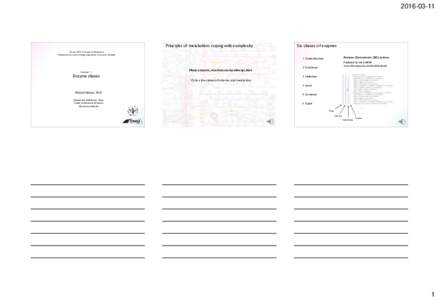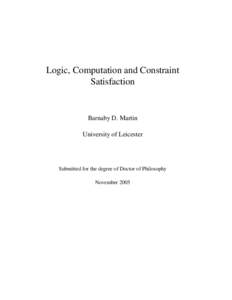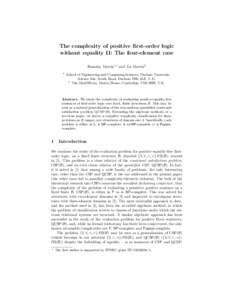<--- Back to Details
| First Page | Document Content | |
|---|---|---|
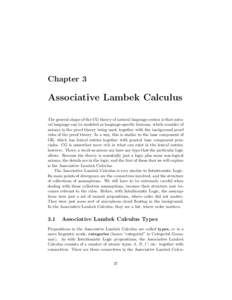 Date: 2013-11-13 00:43:56Propositional calculus Boolean algebra Complexity classes Mathematical constructivism Non-classical logic Categorial grammar NP Intuitionistic logic Natural deduction Logic Mathematical logic Theoretical computer science |
Add to Reading List |
 Chapter 3 Associative Lambek Calculus The general shape of the CG theory of natural language syntax is that natural language can be modeled as language-specific lexicons, which consider of axioms in the proof theory bei
Chapter 3 Associative Lambek Calculus The general shape of the CG theory of natural language syntax is that natural language can be modeled as language-specific lexicons, which consider of axioms in the proof theory bei